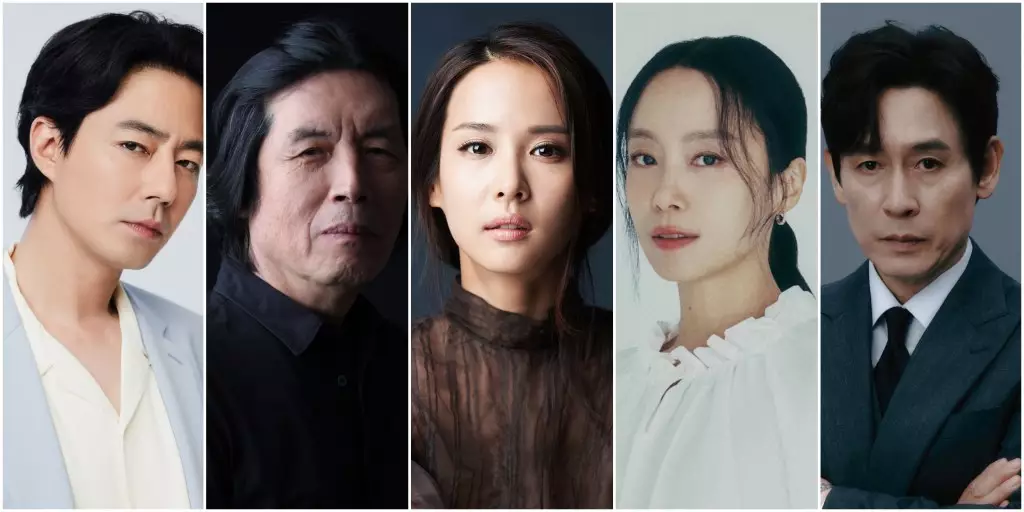After nearly a decade in silent repose, Lee Chang-dong, the acclaimed director known for exploring deeply layered narratives about Korean society, is stepping back into the limelight. His hiatus has been marked by silence, yet his influence remains undeniably potent. With the announcement of his new project, *Possible Love*, for Netflix, expectations are sky-high—yet skepticism lingers. Would this comeback demonstrate the same sharp social commentary and emotional depth that made his previous works like *Burning* and *Oasis* iconic? Or are we witnessing an overdue reanimation of a once brilliant but now possibly outdated voice?
A Star-Studded Return with a Personal Touch
Lee’s collaboration with Jeon Do-yeon, a powerhouse actress with a distinguished career including a Cannes Best Actress win, signals a commitment to artistic merit. Their recurring on-screen partnership has established a creative synergy, promising a nuanced exploration of the intertwined lives of two contrasting couples. The casting of Sul Kyung-gu and other talented actors such as Zo In-sung and Cho Yeo-jeong further suggests an authentic portrayal of complex human relationships. However, the question arises: will these star-studded alliances translate into meaningful storytelling, or will they serve merely as promotional assets?
Reviving Themes of Human Complexity and Social Reflection
Lee Chang-dong’s films are renowned for their incisive dramatization of Korean societal intricacies—a mirror held up to the country’s evolving landscape. *Burning* challenged viewers with its ambiguous but profoundly unsettling portrayal of obsession and alienation, and *Oasis* explored empathy between contrasting societal outcasts. If *Possible Love* maintains this thematic depth, it could offer a compelling commentary on how modern relationships are fractured amid the chaos of contemporary life. Yet, with the eight-year silence, concerns surface: has Lee’s perspective matured, or has he fallen into the trap of nostalgia, relying on past laurels rather than innovation?
Is This a Creative Renaissance or a Commercial Comeback?
Producing under Pinehouse Films, alongside heavyweights like Anonymous Content, signifies an effort to blend artistic integrity with wider commercial appeal, especially through Netflix’s global platform. This hybrid approach promises broader exposure but also risks diluting the nuanced critique that characterized Lee’s earlier works. Is this a genuine artistic revival or a calculated move to regain relevance in an industry that has changed dramatically since his last film? Critics might argue that his absence has only heightened expectations, and under the weight of these, any missteps could be viewed as artistic failure.
The Critical Challenge: Living Up to a Legacy
Ultimately, Lee Chang-dong’s return is a gamble. It’s an opportunity for him to re-establish himself as a visionary who can reflect societal truths through cinema. But it’s equally a danger zone; stepping back into the limelight risks exposing the gaps that years of silence might have created in his storytelling prowess. If his new film *Possible Love* succeeds, it could mark a triumphant renaissance—yet failure could tarnish a legacy built on honesty, courage, and unflinching social critique. In the tumultuous world of modern cinema, Lee’s next move will determine whether his influence endures or becomes a relic of a bygone era.


Leave a Reply